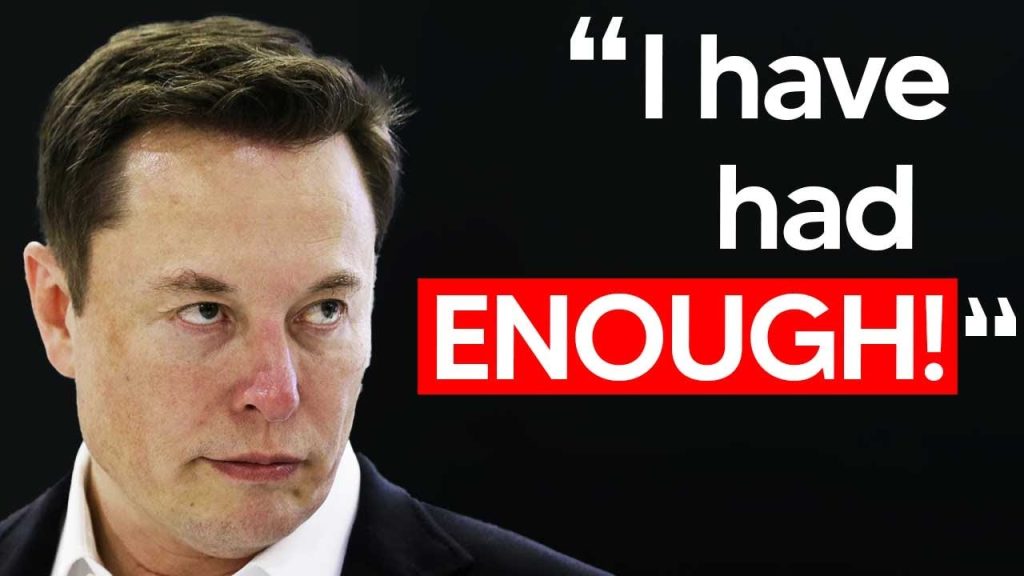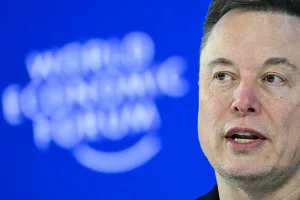Elon Musk’s Legal Battle Over OpenAI’s Shift to Profit

Something quite unexpected has shaken the realm of artificial intelligence! Elon Musk has stepped in legally, challenging OpenAI’s shift from its original mission to a profit-driven entity. As the founder of OpenAI, Musk’s move has left many pondering the motivations and implications of this legal clash.
The foundation of OpenAI was built on a commitment to benefit humanity. However, Elon Musk believes the current trajectory of OpenAI skews heavily toward financial gains, betraying its original mission. This article will break down the key aspects of Musk’s legal challenge against OpenAI and its implications on the AI landscape.
The “Fund No Competitors” Clause
OpenAI’s “Fund No Competitors” policy has caused a stir in the investment world. The idea is simple – if you’re investing in OpenAI, steer clear of its rivals. It’s unheard of, yet some investors abided by it. This, Musk argues, is stifling competition and growth for other AI firms.
For Musk, this clause has directly harmed his ventures, like his own company x.ai. Without access to essential funding during this fierce AI technology race, the stakes are incredibly high. The lack of investment could spell doom for companies struggling to keep pace with giants like OpenAI backed by firms like Microsoft.
Major investors even dropped prospects with x.ai, following OpenAI’s controversial directive. In doing so, they may have unintentionally aided in OpenAI’s potential monopoly, threatening market diversity and innovation. The AI landscape could drastically change if financial barriers persist for new players.
Microsoft’s Alleged Information Advantage
Musk’s contention with Microsoft deepens as he highlights their competitive edge gained from board interactions with OpenAI. The charge here is that Microsoft used its board position to soak up sensitive information, giving them an unfair lead in the AI sector.
As Musk sees it, the flow of proprietary insights between OpenAI and Microsoft creates an unlevel playing field. In a world where AI dominance is the goal, this access to strategic intelligence could tilt the balance, challenging smaller firms fighting for a slice of the pie.
Legal standoffs like this are not merely about business rivalry; they highlight ethical questions about corporate governance. Musk’s actions push the industry to rethink transparency and competition standards to ensure a fair technological future for all.
OpenAI’s Shift From Nonprofit Ideals
OpenAI’s transition from a nonprofit to a profitable entity has sparked significant debate. Founded on altruistic values, its current direction tugs at the ethical strings of its supporters and creators, Musk included.
The shift to profit has led many to wonder about OpenAI’s true intentions and its commitment to public welfare. How does one reconcile commercial success with foundational promises to serve humanity’s best interests? Musk’s lawsuit brings these concerns to the forefront.
The cost of turning for-profit doesn’t just rest on the shoulders of investors but also impacts their original supporters. Those who backed OpenAI for its philanthropic mission, like Musk, now face a dilemma – continue support or challenge the deviation from core values?
Personal Gains and Business Ethics
The spotlight turns to Sam Altman, and claims of personal financial gain surface. Musk suggests Altman’s financial interests dictate OpenAI’s investment choices, potentially compromising ethical standards.
Musk’s accusation puts Altman under scrutiny for self-dealing – benefiting personally from the AI giant’s business decisions. The integrity of these dealings could define professional standards within the tech industry.
If true, these claims could influence future investor confidence, prompting a shift towards more robust regulatory oversight. It raises a vital question: How do we ensure leaders act in the best interest of their organizations and not their own wallets?
Potential Impact on AI Progress
Concerns about OpenAI’s practices extend beyond business rivalry; they’re about the industry’s future. Elon Musk’s legal intervention seeks to pause questionable practices that could derail balanced AI development.
If left unchecked, these business strategies might narrow the field, paving the way for monopolistic control by companies like OpenAI and Microsoft. Musk aims to protect the competitive environment necessary for innovation.
Disrupting the natural balance of AI development isn’t just a setback for competitors. It poses risks to society by bottlenecking technology growth that relies on diverse input and innovation.
Musk’s legal challenge against OpenAI serves as a wake-up call for ethical business operations in AI. It’s a reminder that even in the race for groundbreaking technology, old values should not be forgotten.
The outcome of this legal battle could set precedents impacting the future path of AI companies worldwide. Will profit forever change the face of innovation, or can original ideals prevail?
Musk’s legal challenge against OpenAI serves as a wake-up call for ethical business operations in AI. It’s a reminder that even in the race for groundbreaking technology, old values should not be forgotten.
The outcome of this legal battle could set precedents impacting the future path of AI companies worldwide. Will profit forever change the face of innovation, or can original ideals prevail?








